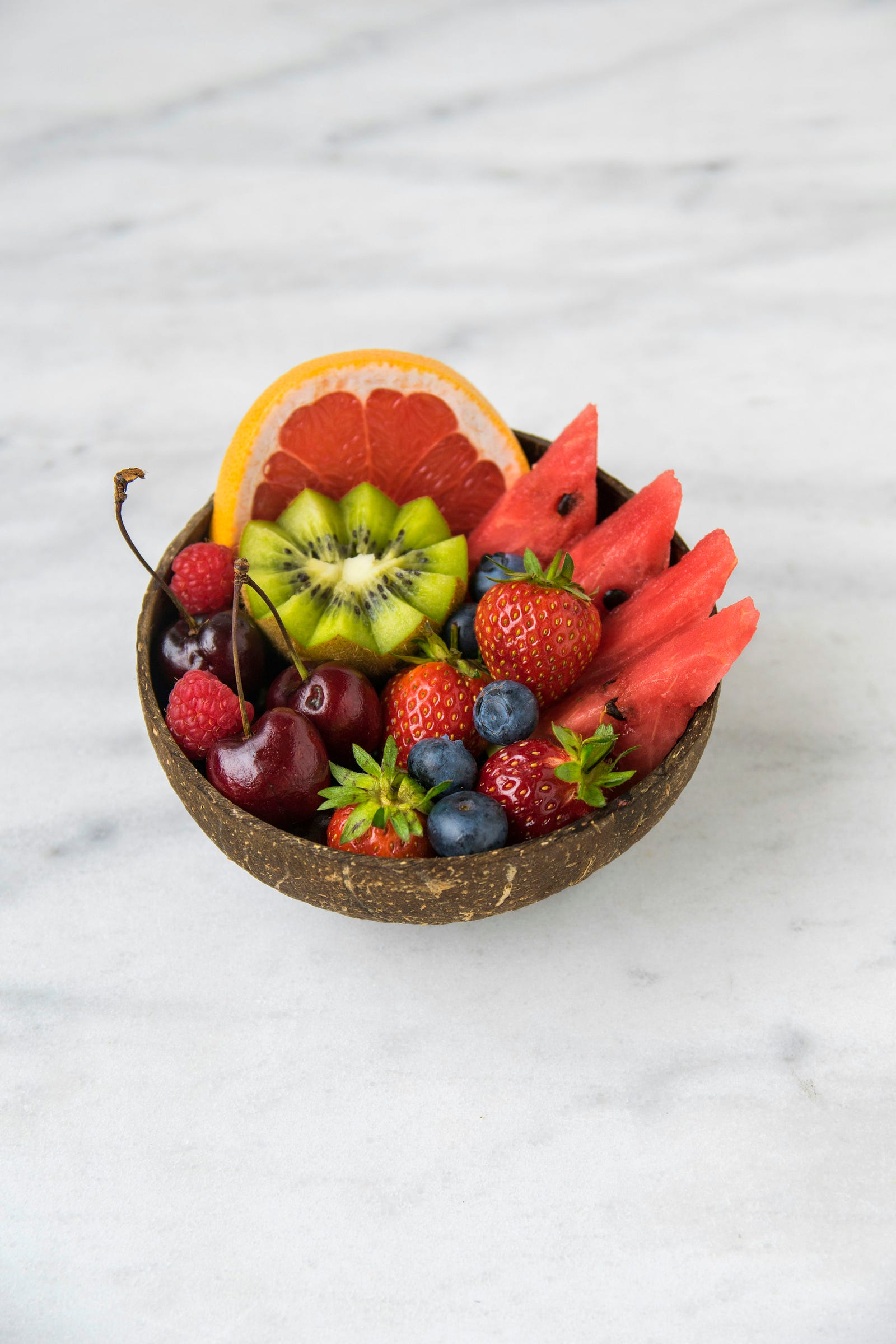I AM A CANCER DOCTOR AND AM DELIGHTED to learn of a compelling colon cancer breakthrough. Today, I share how a dash of traditional Chinese medicine is cooking up hope for colon cancer patients. Colon cancer: New Rx.
Tucked within the vast realm of traditional Chinese medicine lies a potent compound, Schisandrin B, found in the humble yet powerful five-flavor berry, also known as the magnolia berry.

Does this traditional remedy offer promise for individuals facing the complexities of late-stage colon cancer?
Research using laboratory cancer cells and animal models suggests the answer may be yes.
Still, even though the drug is available online, I advise significant caution; researchers have discovered interactions with other drugs.
Goals
Today, we’ll hear from some historical figures on food and medicine.
I’ll then pivot to the new natural medicine.
Finally, we’ll close with some tips about how you might reduce your risk of developing colon or rectal cancer.
Thoughts on medicine
Hippocrates (born c. 460 BCE) was an ancient Greek physician who lived during Greece’s Classical period.
Many regard him as the father of medicine.
Here is his take on food and medicine:
“Let food be thy medicine and medicine be thy food.” ― Hippocrates
Chekhov on food and medicine
Anton Chekhov (born in 1860 in Taganrog, Russia) was a playwright and master of the modern short story.

“Medicine is my lawful wife, and literature is my mistress. When I get fed up with one, I spend the night with the other.” ― Anton Chekhov.
Did you know that Chekhov was a physician by trade? He graduated from the I.M. Sechenov First Moscow State Medical University.
That quote now makes a lot of sense.
One more thing: According to IMDB, only Shakespeare outranks Chekhov in the amount of movie adaptations.
Colorectal cancer
Colon cancer occurs when abnormal cell growth starts in the colon, the first and longest part of the large intestine.
This portion is the final stretch of the digestive system, where food the gut breaks down food for the body to use.

Mostly, colon cancer happens in older adults, but it can occur at any age. It often starts as small groups of cells known as polyps inside the colon.
While these polyps are usually not cancerous, some of them can gradually develop into colon cancer.
Colon cancer on the rise in young people
While colorectal cancer incidence is dropping among older folks, it is rising in younger people.
Why The Rise of Colon Cancer In Young People Is Puzzling Doctors
Mark Pochapin, President of the American College of Gastroenterology, on the latest developments in colorectal cancer…medium.com
At the end of this essay, we’ll explore some evidence-based ways you may be able to reduce your risk of developing colon or rectal cancer.
What is Magnolia berry?
A recent study illustrates the promise of a traditional Chinese medicine for colorectal cancer.
Schisandra chinensis is a vine plant that grows in the forests of Northern China, the Russian Far East, and Korea.

Its fruit is known as magnolia berry or five-flavor fruit.
In simple terms, it’s a plant with berries that people in these regions use, and the berries have a mix of flavors.
People might call magnolia berry “omija” in Korean.
Can magnolia berries fight colon cancer?
I will report outcomes based on laboratory and animal (non-human) studies.
Schisandrin B has shown remarkable effectiveness, especially when given to late-stage colon cancer cells.
That’s the main finding of a recent laboratory study:
Researchers showed that the natural compound Sch B can trigger programmed cell death (apoptosis), slow down cell growth, and inhibit tumor development in both lab settings and living organisms.
These findings lay a crucial foundation for further investigations in human trials to explore how Sch B might affect individuals with colon cancer.
Into the Future: Colon Cancer – New Rx
These results indicate promising developments in harnessing this natural substance as a targeted therapy for advanced colon cancer stages.
Despite the easy online availability of the plant containing this anti-tumor compound, caution is essential.

Due to documented adverse drug interactions, it is crucial to consume it only under medical supervision. It is too soon to recommend this fruit for colon cancer treatment.
Please consult a healthcare professional before integrating such remedies into one’s health routine.
Not so fast, Dr. Hunter
Alas, medication using Sch B or magnolia flower would have to be approved for patient use in the United States.
Because Sch B is a natural compound, the cost of clinical trials to prove its effectiveness and safety may not be surmountable.
Colon cancer risk reduction
While magnolia berry is effective in the lab and animal models, we have no high-level evidence of efficacy in humans.
Here are my preferred approaches to colon and rectal cancer risk reduction:
- Get checked: Make sure to undergo regular screenings for colorectal cancer, especially if you’re 45 or older.
These tests can detect cancer early when it’s more treatable. Talk to your doctor about the right screening for you.

- Eat a healthy diet: Include plenty of veggies, fruits, and whole grains. These foods are associated with a lower risk of colon or rectal cancer. Cut back on red and processed meats, like hot dogs, as they might increase your risk.
- Stay active: Regular exercise can lower your chances of developing colorectal cancer. Find ways to be more physically active to help reduce your risk. Check out cancer.org/foodandfitness for tips on achieving diet and exercise goals.
- Manage your weight: Being overweight or obese increases the risk of colorectal cancer. Focus on healthier eating and increased physical activity to help control your weight.
- Quit smoking: Long-term smokers are more prone to developing and succumbing to colorectal cancer. If you smoke and want to quit, seek assistance from the American Cancer Society or call 1–800–227–2345 for support.

- Limit alcohol intake: Alcohol consumption is linked to a higher risk of colorectal cancer. It’s best to avoid alcohol, but if you choose to drink, stick to the recommended limit: no more than two drinks a day for men and one drink a day for women. A standard drink equals 12 ounces of beer, 5 ounces of wine, or 1½ ounces of distilled spirits.
The American Cancer Society offers this observation: “Habits related to diet, weight, and exercise are strongly linked to colorectal cancer risk.”
One more thing: Colon cancer – new Rx
Have open conversations with your family about any history of cancers or polyps in the colon, as well as other types like uterine, ovarian, stomach, pancreas, bladder, and breast cancers.
A family background with these cancers could increase your chances of developing colon cancer.

If there’s a history of cancer in your family, it’s worth discussing with your doctor about the possibility of a genetic test.
These tests are becoming more affordable and can provide valuable information about your risk.
Thank you for reading “Colon Cancer – New Rx.”




